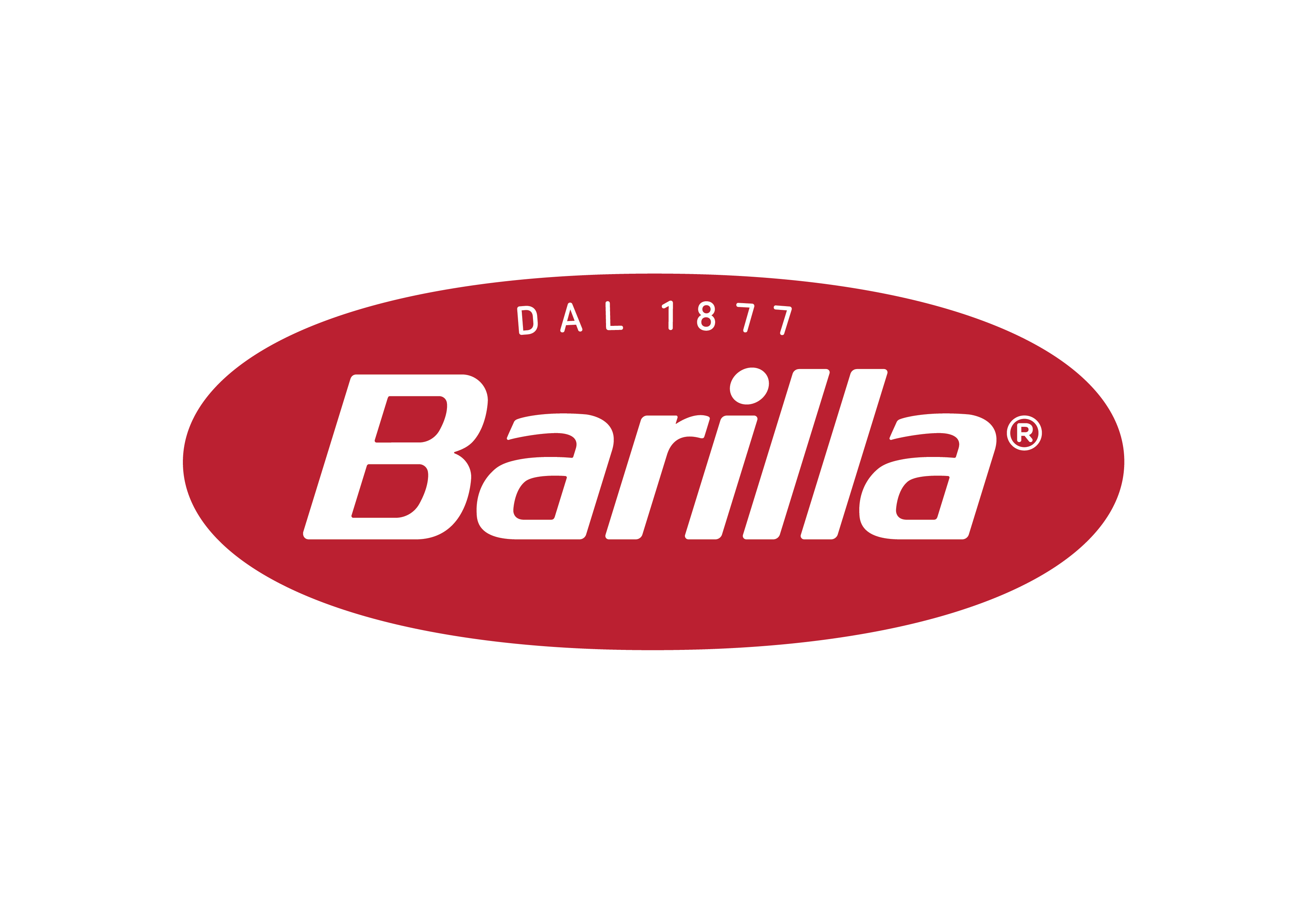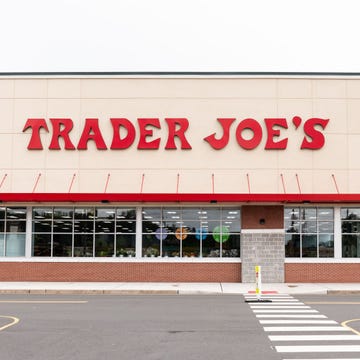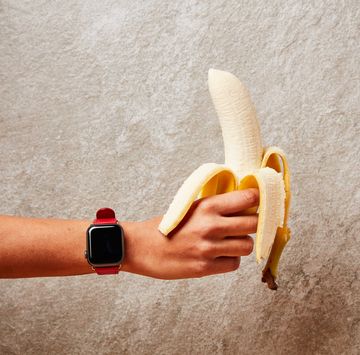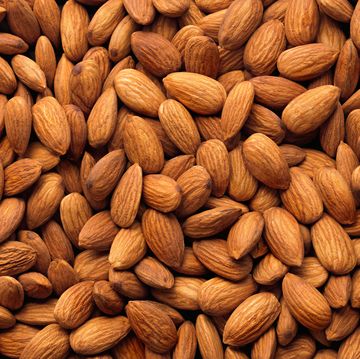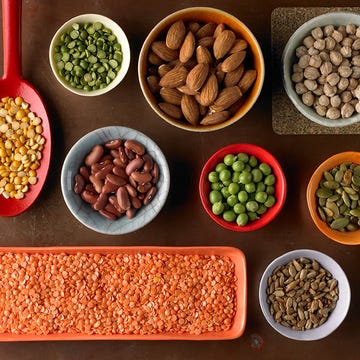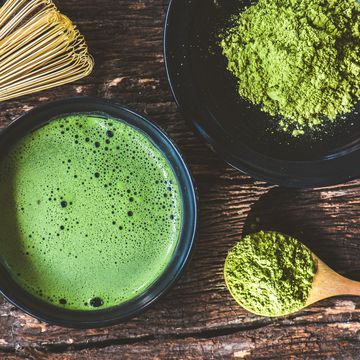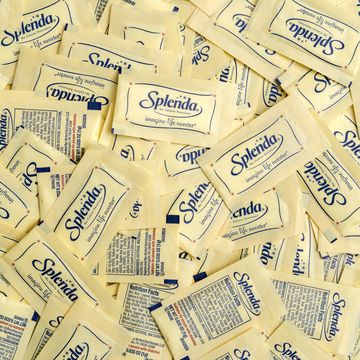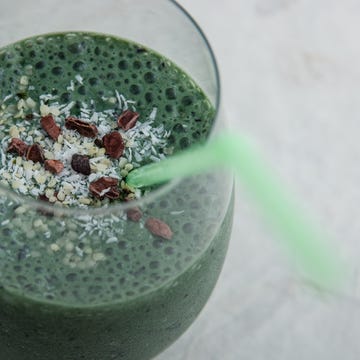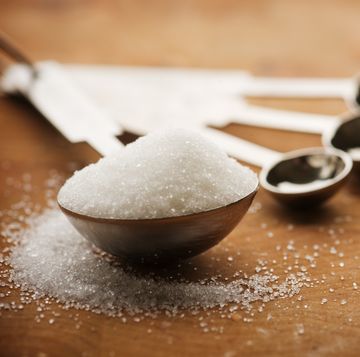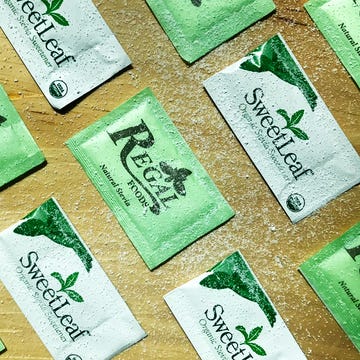No doubt, training hard and logging miles are musts if you want to perform like a champ, but brag-worthy results aren’t achieved by grit alone. Whether you’re working up to your first 5K, aiming for a marathon PR, or even striving for a podium finish, you need to fuel your body properly to achieve success.
Great athletes are built on a foundation of good nutrition, but sometimes it’s the final puzzle piece that runners put into place. Studies show that marathoners who consume a diet with higher levels of important nutrients like mono- and polyunsaturated fats, fiber, potassium, and magnesium tend to finish races faster and have fewer markers of muscle and heart damage post-marathon than those whose diets contain less.
Happily, building a solid nutritional foundation doesn’t have to be complicated. It starts with a well-balanced diet that supplies all the carbohydrates, protein, and fats your working body requires. But if you amp up your training without addressing your body’s associated additional needs, not only could your training capacity be reduced, but your overall health can suffer. Even small changes can make a significant difference to how you feel and how well you perform when pounding the pavement.
Protein is the main nutrient needed for muscle repair and recovery, which are vitally important due to the tremendous wear and tear involved in running. Think of it as one of your main athletic building blocks: According to this study, higher protein consumption, even during a pre-race tapering phase, correlates with better marathon performance times.
Expert consensus and the latest science agree that active endurance athletes should consume between 0.64 and 1.1 grams of protein per pound of bodyweight a day to support training needs and the recovery process. (Older runners tend to need slightly more, since the rate of whole-body protein turnover declines with age.) So a 160-pound runner who is training hard most days would aim to consume at least 100 grams of protein daily, and perhaps as much as 175 grams.
Once you’ve zeroed in on your daily protein target, you can start figuring out how to reach it. Pasta, beloved as it is, might not seem like a likely candidate for protein requirements as well, but that isn’t the case for every noodle. Case in point: Barilla’s Protein+ pastas, which deliver protein from golden wheat, lentils, chickpeas, and peas. (You don’t need to be concerned that these are plant-based sources, by the way—it’s now been shown that as long as you’re getting enough total protein in your diet, you can still recover well and build muscle with protein from plants.) Each two-ounce serving dishes up an impressive 10 grams of plant-based protein compared with the 7 grams in most standard pastas. And it manages all that without sacrificing any of Barilla’s classic taste and texture, which are available in all your favorite shapes in support of performance-driven meals based on recipes you already know and love.
It’s also worth praising this next-level pasta for containing an extra two grams of dietary fiber per serving than its counterparts. That’s important when you consider the key role fiber plays in improving digestive health, something top of mind for many runners. Plus, surveys show that few adults, runners or not, are consuming close to enough fiber each day, so Barilla Protein+ can help you toward that goal as well.
But back to protein: Let’s take a quick look at that target range for the hard-training 160-pound man. Without any added powders or portions, he could pack in a solid 126 grams in a day by eating 2 hard-boiled eggs, ¾ cup Greek yogurt, 2 tablespoons peanut butter, 2 tablespoons almonds, 1 cup cooked black beans, ¾ cup cooked quinoa, 4 ounces chicken breast, 4 ounces salmon, and 3 ounces of his favorite shape of Barilla Protein+ pasta. If you ask us, that sounds like a pretty good day of eating.
This article was sponsored in partnership with Barilla.
